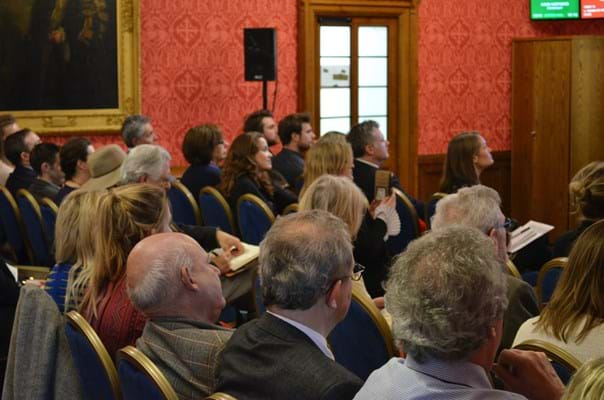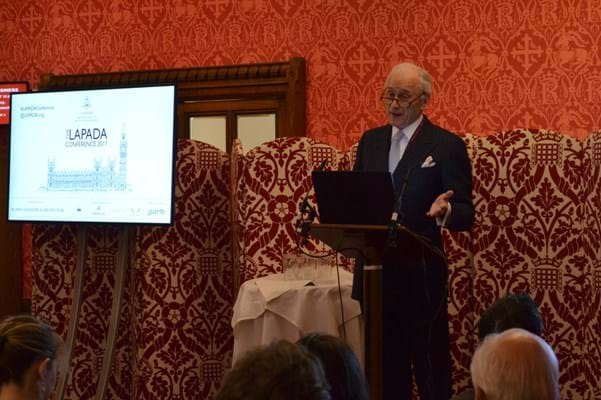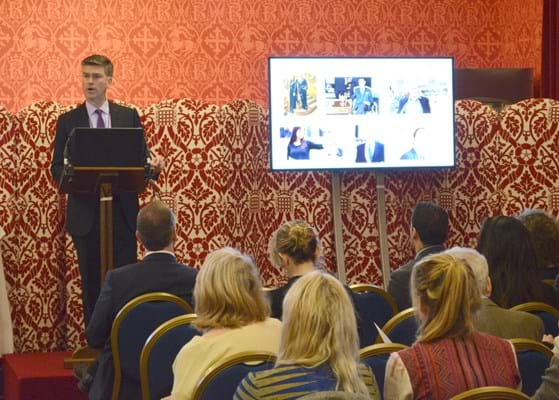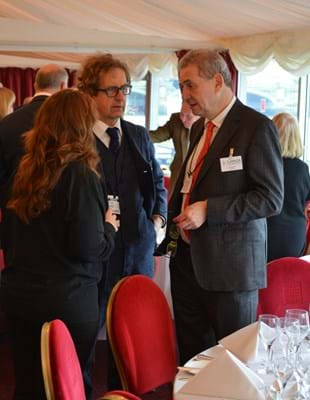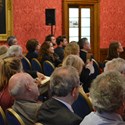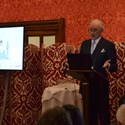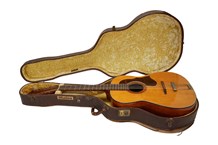Dan Sloshberg, cyber resiliency expert at Mimecast, told a full house that small businesses were as likely to face breaches by a rising tide of hackers as larger corporations.
“I’m here today to scare you,” Sloshberg said. He emphasised the fact that most cybercrime is motivated by money, and that the industry now has an estimated annual value of around $1bn.
He went on to detail some of the most common strategies used by hackers including phishing, the use of ransomware and impersonation attacks. He added that 91% of attacks start with email.
“Often small businesses are targeted as step to access larger businesses,” Sloshberg added.
He spoke to a room of 110 LAPADA members attending the one-day conference at the House of Lords. Many, including LAPADA CEO Rebecca Davies and LAPADA chairman Lord Chadlington, shared their own recent experiences with hackers.
Business Protection
Among the defences Sloshberg recommended were the use of complex passwords, ensuring that anti-virus software is kept up-to-date and adopting two-factor identification systems. In response to a question from ATG, he also said that macro-level protection for businesses was available through some insurance policies.
Ultimately, however, he urged dealers to employ common sense and be alert enough to protect themselves and their businesses.
“We’re all busy doing a million and 1 things every day,” Sloshberg said. “Just stop and think before you click.”
Conference Topics
As well as cyber security, other key points to come out of yesterday’s presentations included:
- Selling remotely has different legal implications from selling in person, whether online, over the phone or even at a fair. Danielle Spiers of Sheridans explained that in Distance Selling Regulations the site of negotiations is key.
- It doesn’t matter how heartrending the backstory: dealers that fail to complete due diligence can lose money, time and credibility. Chris Marinello of Art Recovery International discussed some of his most memorable cases.
- Making Tax Digital might be a headache but ultimately it could benefit dealers in the long run by gathering more accurate data than ever before, Craig Davies of Rawlinson & Hunter said.
- US collectors rate the UK as the top spot for antiques buying, Toma Clark Haines of Antiques Diva & Co said. But it’s advisable to keep cultural differences in mind when dealing with American clients. Vendors can go far in establishing trust with clients by talking themselves up, admitting their mistakes or weaknesses and going easy on the tea – US buyers may prefer a Starbucks.


